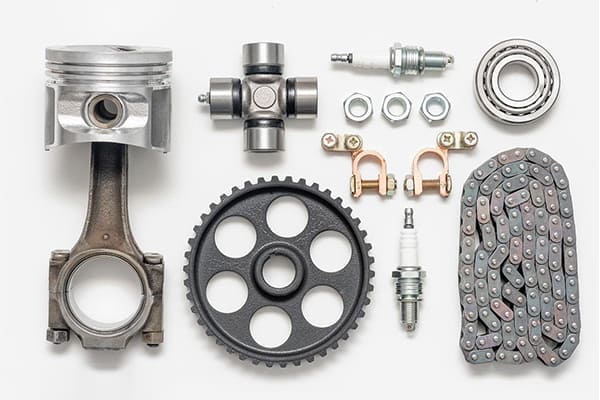The critical role of the medical industry in global health and well-being
The medical industry stands as a beacon of hope, innovation, and progress in our global society. It not only addresses the immediate health concerns of billions but also continuously pushes the boundaries of what’s possible in healthcare. From pioneering new surgical procedures to developing groundbreaking treatments for previously incurable diseases, the medical industry plays an indispensable role in enhancing and preserving human life. As our global population grows and ages, and as new health challenges emerge, the importance of the medical sector only intensifies, making its evolution and advancement crucial for global well-being.
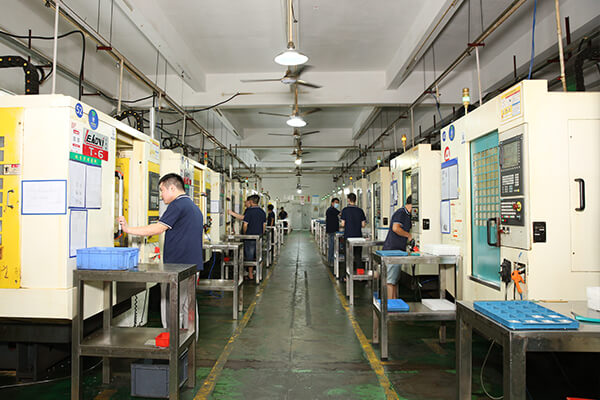
Highly experienced htsin
A glance at the early methods of producing medical devices and equipment
Since time immemorial, humanity has sought ways to heal ailments and mend injuries. The medical tools and devices of yesteryears, while primitive by today’s standards, were marvels of their time. Before the age of mechanization, medical instruments were handcrafted by artisans. Materials like bronze, iron, and even silver were meticulously shaped into scalpels, forceps, and other rudimentary instruments. Similarly, early prosthetics, dental tools, and diagnostic equipment were the result of painstaking manual labor. These methods, while admirable, had their limitations: production was slow, scale was limited, and consistency varied greatly from one craftsman to another. As the complexity of medical science grew, the need for more advanced, precise, and standardized equipment became evident.
sufficient stock
The transformative impact of technology on medical manufacturing
The industrial revolution brought with it the first wave of change in medical manufacturing. Mechanized tools allowed for better consistency and slightly increased production. However, the real transformative era began with the advent of electronics and computerization in the 20th century.
Enter CNC machining. With its promise of precision, repeatability, and scalability, CNC technology was quickly recognized as a game-changer for medical manufacturing. Devices and tools that were previously handcrafted could now be produced with a level of accuracy and consistency that was previously unimaginable. Complex implants, surgical instruments with intricate designs, and diagnostic equipment components became more reliable and standardized.
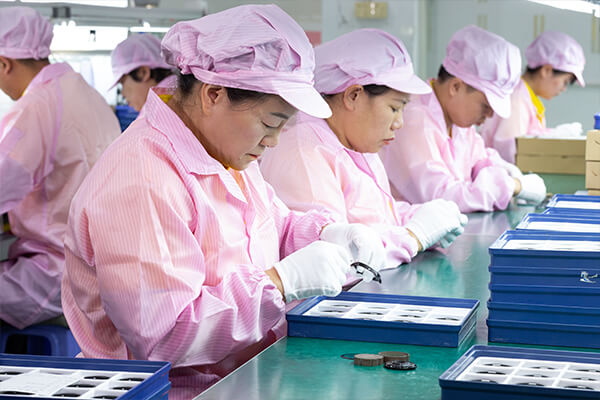
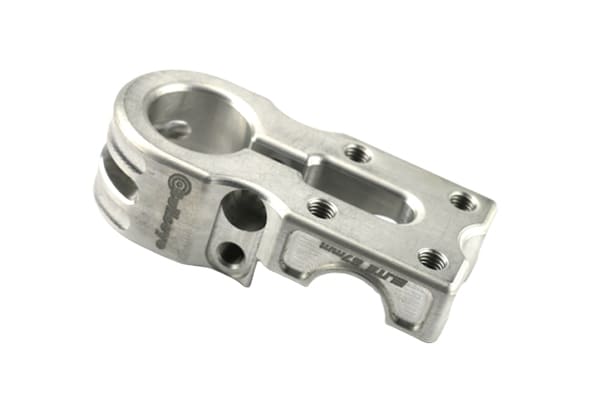
Highly experienced htsin
Key Advantages of CNC Machining in the Medical Sector
- Precision & Accuracy: Meeting the stringent standards of medical equipment.
- Biocompatibility: Crafting parts from materials suitable for body contact or implantation.
- Scalability: From prototypes to mass production, catering to global medical needs.
- Consistency & Reliability: Ensuring every medical device functions flawlessly.
- Cost-Effectiveness: Economies of scale in producing essential medical equipment.
sufficient stock
Applications of CNC Machining in the Medical Field
- Surgical Instruments: Precision tools for surgeries and procedures.
- Orthopedic Devices: Custom implants like joint replacements.
- Dental Prosthetics: Detailed dental implants and devices.
- Diagnostic Equipment: Components for imaging machines and diagnostic devices.
- Research & Prototyping: Developing new medical innovations.
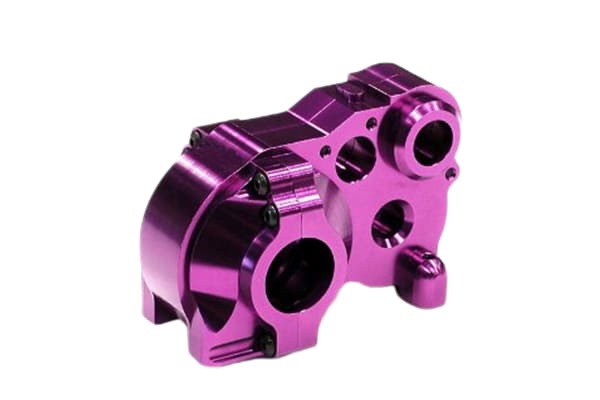
Why Choose Our Services for Medical CNC Machining?
Htsin Precision is your premier parts manufacturing company, offering custom precision CNC parts that offer more than just quality products.



